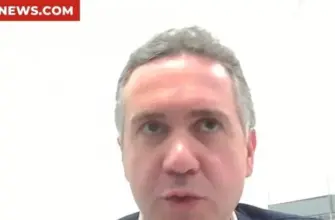New research published in BMJ Medicine suggests relaxation methods can offer temporary relief from high blood pressure, but the sustainability of these effects over time remains an open question.
A comprehensive review of existing studies has indicated that practices like controlled breathing and meditation may provide a supplementary strategy for individuals navigating hypertension, potentially alongside or as an alternative to medication.
Globally, approximately one-third of adults aged 30 to 79 grapple with high blood pressure, a condition significantly increasing the risk of stroke. The meta-analysis undertaken by scientists examined numerous studies published up to February 2024 in English.
Researchers meticulously reviewed databases, ultimately incorporating 182 studies into their analysis; 166 specifically addressed hypertension and an additional 16 focused on elevated blood pressure. A network meta-analysis was employed to simultaneously evaluate the effectiveness of various techniques.
The collective results from 54 studies revealed that most relaxation strategies demonstrated a reduction in blood pressure within three months or less. Specific findings included:
- Breath control: Average systolic blood pressure decrease of 6.65 mm Hg
- Meditation: Average drop of 7.71 mm Hg
- Meditative movement (Tai Chi and Yoga): Impressive reduction of 9.58 mm Hg
- Mindfulness practices: A further decline of 9.90 mm Hg
Music therapy and progressive muscle relaxation also showed positive effects.
However, the analysis revealed a concerning lack of statistical evidence supporting the continued effectiveness of any technique beyond three to twelve months. Furthermore, the certainty surrounding these findings at that time point was notably low.
The most frequently evaluated methods during this extended timeframe were biofeedback, yoga/tai chi, and progressive muscle relaxation. A significant limitation stemmed from the scarcity of long-term follow-up studies – only three met the criteria for inclusion in the network analysis.
Researchers also pointed out that descriptions of the relaxation interventions themselves were often incomplete or lacking detail across the reviewed studies. Data regarding costs, cost-effectiveness and potential risks—such as cardiovascular events or mortality—were largely absent.
“The results of our systematic review and network meta-analysis indicate that relaxation or stress management techniques might result in meaningful reductions in blood pressure at up to three months of follow-up,” the researchers stated. However, they emphasized a crucial caveat:
The study acknowledged a potential for bias within the primary studies and the possibility of publication bias, which introduced uncertainty into the overall conclusions.







